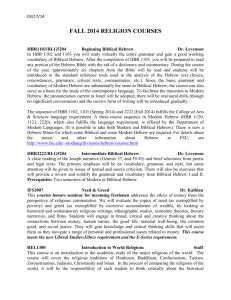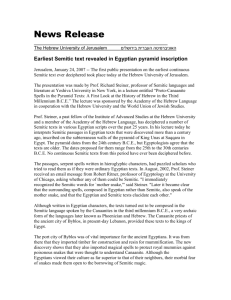Public Schools of Robeson County English Lesson Plan Template
advertisement
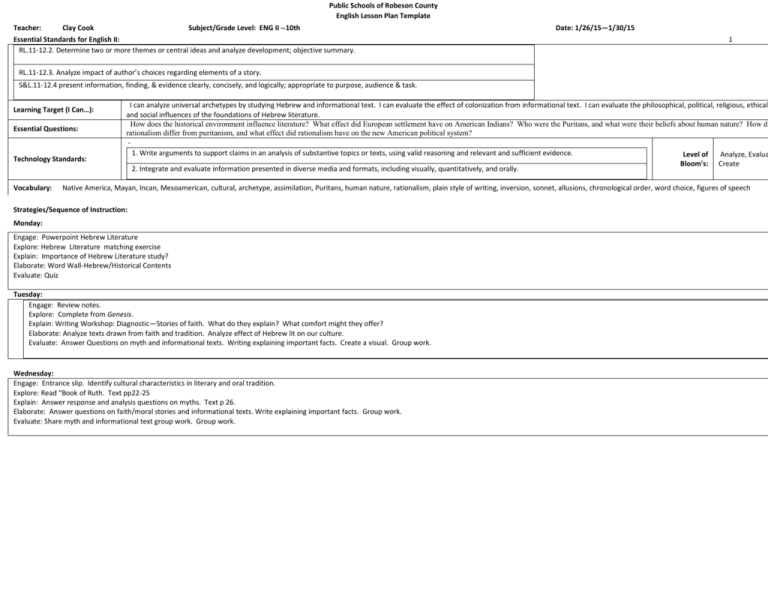
Public Schools of Robeson County English Lesson Plan Template Teacher: Clay Cook Subject/Grade Level: ENG II --10th Essential Standards for English II: RL.11-12.2. Determine two or more themes or central ideas and analyze development; objective summary. Date: 1/26/15—1/30/15 1 RL.11-12.3. Analyze impact of author’s choices regarding elements of a story. S&L.11-12.4 present information, finding, & evidence clearly, concisely, and logically; appropriate to purpose, audience & task. Learning Target (I Can…): Essential Questions: Technology Standards: Vocabulary: I can analyze universal archetypes by studying Hebrew and informational text. I can evaluate the effect of colonization from informational text. I can evaluate the philosophical, political, religious, ethical and social influences of the foundations of Hebrew literature. How does the historical environment influence literature? What effect did European settlement have on American Indians? Who were the Puritans, and what were their beliefs about human nature? How d rationalism differ from puritanism, and what effect did rationalism have on the new American political system? 1. Write arguments to support claims in an analysis of substantive topics or texts, using valid reasoning and relevant and sufficient evidence. Level of Analyze, Evalua Bloom's: Create 2. Integrate and evaluate information presented in diverse media and formats, including visually, quantitatively, and orally. Native America, Mayan, Incan, Mesoamerican, cultural, archetype, assimilation, Puritans, human nature, rationalism, plain style of writing, inversion, sonnet, allusions, chronological order, word choice, figures of speech Strategies/Sequence of Instruction: Monday: Engage: Powerpoint Hebrew Literature Explore: Hebrew Literature matching exercise Explain: Importance of Hebrew Literature study? Elaborate: Word Wall-Hebrew/Historical Contents Evaluate: Quiz Tuesday: Engage: Review notes. Explore: Complete from Genesis. Explain: Writing Workshop: Diagnostic—Stories of faith. What do they explain? What comfort might they offer? Elaborate: Analyze texts drawn from faith and tradition. Analyze effect of Hebrew lit on our culture. Evaluate: Answer Questions on myth and informational texts. Writing explaining important facts. Create a visual. Group work. Wednesday: Engage: Entrance slip. Identify cultural characteristics in literary and oral tradition. Explore: Read “Book of Ruth. Text pp22-25 Explain: Answer response and analysis questions on myths. Text p 26. Elaborate: Answer questions on faith/moral stories and informational texts. Write explaining important facts. Group work. Evaluate: Share myth and informational text group work. Group work. 2 Thursday: Engage: Quickwrite p76Text. Response to loss of material things. Explore: Read from “Prodigal Son” (p.33) Explain: Do Comparing Literature chart (p.34) Elaborate: Do EOS question (p.30 and 34). Evaluate: Exit Slips/stop light Friday: Engage: Quickwrite p 36/Text. Memorable lyrics? Explore: Read from “Psalms). Explain: Discuss captivity stories and sources of strength for survival. Group work. Elaborate: Word Wall-Hebrew lit/Historical Contents Evaluate: Paragraph on captivity comparison. Assessment/Ways to Check for Understanding: Student written work, entrance/exit slips, word walls, practice exercises, quizzes Resources: Computer, LCD Projector, texts, handouts, quiz 21st Century Themes: College and Career Readiness, Global Learners, Life Skills 21st Century Skills: Critical Thinking and Problem Solving, Creativity & Innovation, Information/Media Literacy, Analysis, Constructed Responses Reflection: Electronic Lesson Plan Template by © 2012 Janet Benincosa http://www.teacherspayteachers.com/Store/Janets-Tools-For-Schools

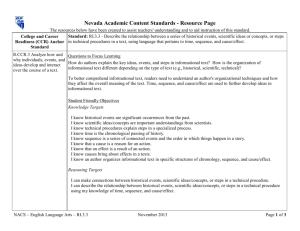
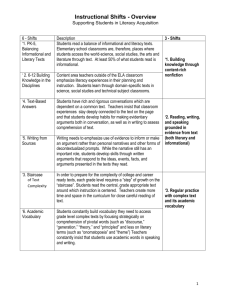
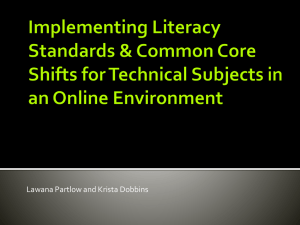
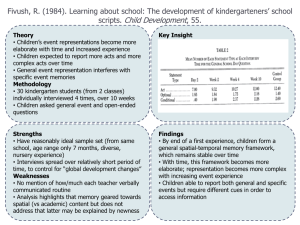
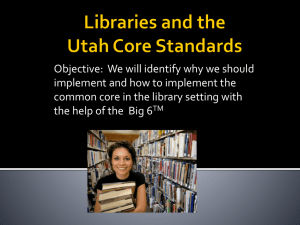

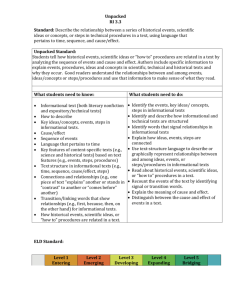
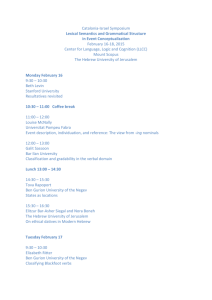
![[LANGUAGE] BACKGROUND SPEAKERS](http://s3.studylib.net/store/data/007648477_2-5624d6feb88120dcb204d79f76c4f607-300x300.png)
